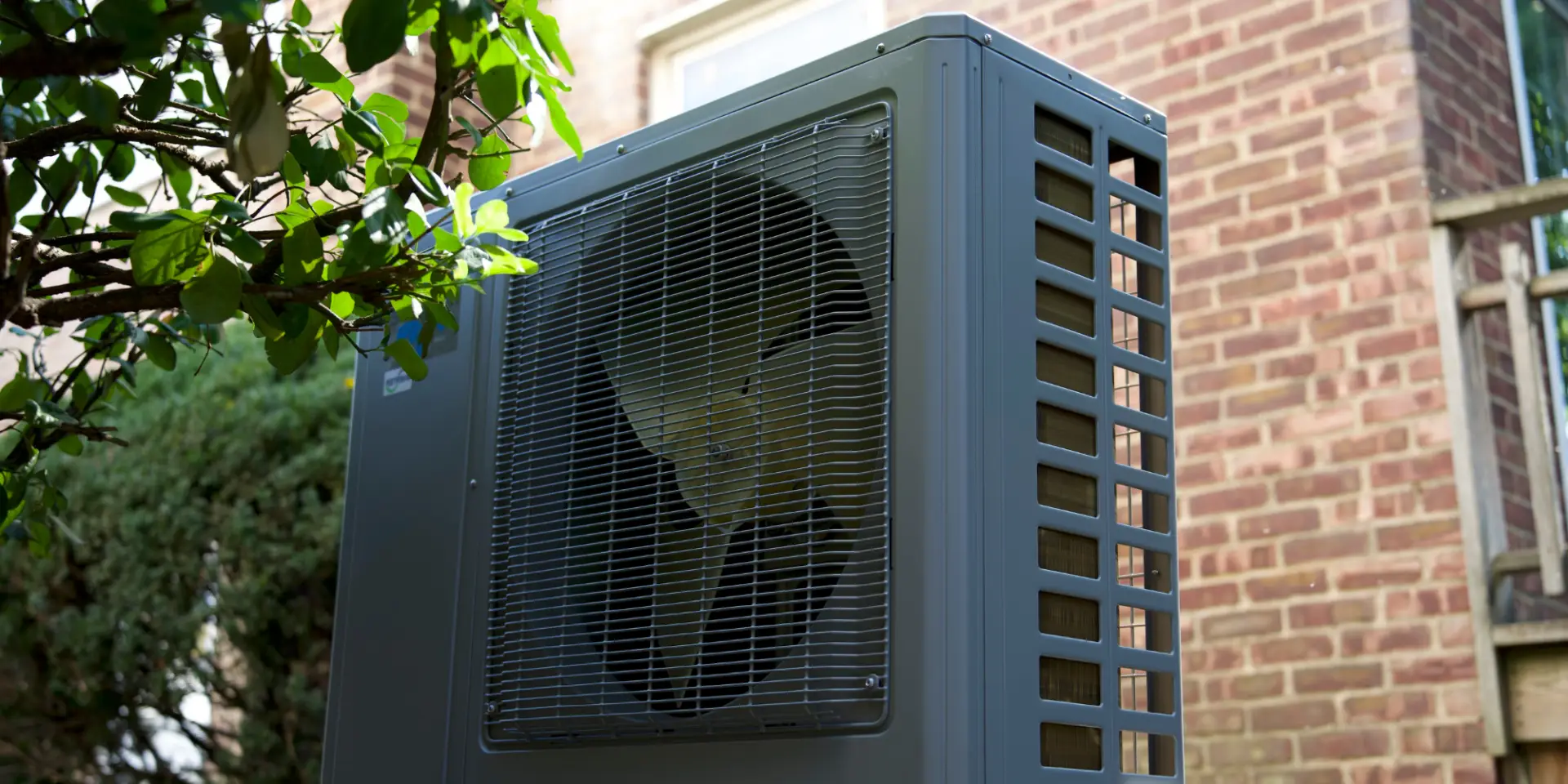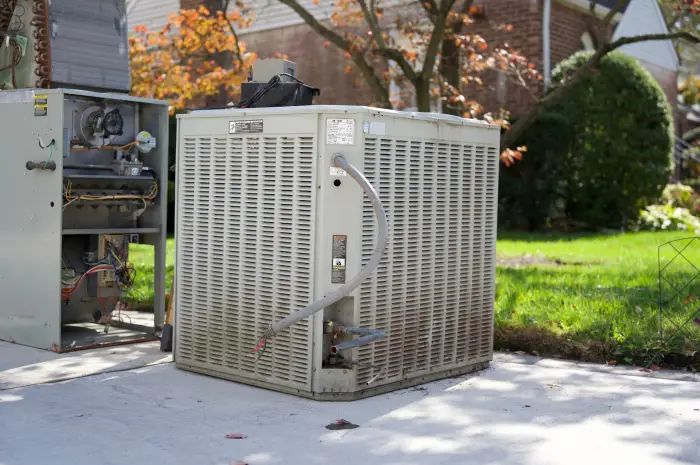Energy-efficient HVAC systems, such as heat pumps, are becoming an increasingly popular choice for homeowners seeking efficient HVAC solutions. At Attyx, we believe in the potential of heat pumps to revolutionize your home’s comfort and energy efficiency.
What Are Heat Pumps?
A heat pump is a device that transfers heat from one place to another, using a small amount of energy. An air source heat pump is a specific type of heat pump that extracts heat from the outside air. It can both heat and cool spaces, making it an incredibly versatile solution for your home’s HVAC needs. Unlike traditional heating and cooling systems that generate heat, heat pumps move heat around. During the winter, they extract heat from the outside air and bring it indoors. In the summer, they do the opposite, expelling heat from your home to the outside.
Benefits of Heat Pumps
1. Energy Efficiency in Energy Efficient HVAC Systems
One of the most significant benefits of heat pumps is their energy efficiency. The Seasonal Energy Efficiency Ratio (SEER) measures the efficiency of HVAC systems over a cooling season, with higher SEER ratings indicating increased efficiency, similar to a car’s miles per gallon (mpg). They can deliver up to three times more heating energy than the electrical energy they consume. This high efficiency translates to lower energy bills and a smaller carbon footprint. By choosing an efficient HVAC solution like a heat pump, you’re not only saving money but also contributing to a greener planet.
2. Versatility
Heat pump systems are incredibly versatile. They provide both heating and cooling from a single unit, functioning as an efficient cooling system in the summer and a reliable heating system in the winter, eliminating the need for separate systems for different seasons. This versatility simplifies your home’s HVAC system, making maintenance easier and potentially reducing upfront installation costs.
3. Cost-Effectiveness
While the initial cost of installing a heat pump can be higher than traditional systems, the long-term savings are substantial. Compared to electric resistance heating, heat pumps offer significant cost savings due to their higher energy efficiency. Lower energy consumption means lower utility bills. Additionally, many regions offer tax incentives and rebates for installing energy-efficient systems like heat pumps, further offsetting the initial investment.
4. Consistent Comfort
Heat pumps provide consistent and even heating and air conditioning. Unlike traditional systems that can create hot or cold spots, heat pumps distribute air evenly throughout your home, maintaining a comfortable indoor environment year-round.
5. Low Maintenance
Heat pumps are known for their durability and low maintenance requirements. Compared to an air conditioner, heat pumps generally require less frequent servicing and are easier to maintain. With regular servicing, a heat pump system can last upwards of 15 years. Basic maintenance involves tasks such as cleaning or replacing filters and ensuring the outdoor unit is free of debris.
Considerations When Installing Heat Pumps
1. Climate Suitability for Geothermal Heat Pumps
Heat pumps are most efficient in moderate climates. Geothermal heat pumps, also known as ground-source heat pumps, are particularly efficient as they transfer heat between the air inside a home and the ground outside, making them suitable for a wider range of climates. In extremely cold temperatures, their efficiency can decrease, as there’s less ambient heat to extract from the outside air. However, modern advancements have led to cold-climate heat pumps that can operate efficiently even in lower temperatures. It’s important to consult with an HVAC professional to determine if a heat pump is suitable for your region.
2. Initial Cost
As mentioned, the upfront cost of a heat pump system can be higher than traditional HVAC systems. It’s essential to consider the long-term savings on energy bills and potential incentives available when choosing an energy efficient HVAC system. Many homeowners find that the investment pays off over time through reduced energy costs.
3. Installation
Proper installation is crucial for the optimal performance of a heat pump. This is especially true for ground source heat pumps, which require professional installation to ensure efficiency and functionality. It’s recommended to have a professional HVAC technician handle the installation to ensure it’s done correctly. Poor installation can lead to inefficiency and increased maintenance issues down the line.
4. Backup Heating
In very cold climates, having a backup heating source can be beneficial. Some homeowners opt for a hybrid system that combines a heat pump with a traditional furnace to ensure reliable heating during extreme cold spells.
Heat pumps offer a compelling solution for homeowners looking to improve their home’s heating and cooling efficiency. Their versatility, energy efficiency, and potential for cost savings make them a smart choice for modern HVAC needs. While the initial investment may be higher, the long-term benefits often outweigh the costs, providing consistent comfort and lower energy bills.
Investing in a heat pump system is not only a step towards a more efficient home but also a commitment to a more sustainable future. At Attyx, we encourage you to consult with an HVAC professional to see if a heat pump system is the right fit for your home and enjoy the myriad benefits they bring.





